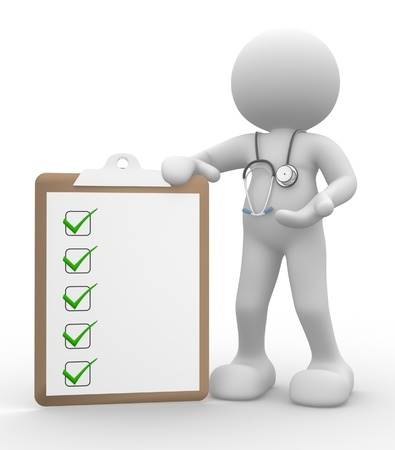 Corina Rosu
Corina Rosu
The extension of acute care (AC) models of addiction treatment to models of sustained recovery management (RM) for people with severe, complex, and chronic substance use disorders requires a fundamental redesign of what we have known as the continuum of care. A newly conceived continuum of care would span the stages of precovery, recovery initiation and stabilization, recovery maintenance, enhanced quality of personal and family life in long-term recovery, and efforts to break intergenerational cycles of alcohol- and other drug-related problems. A striking role within that continuum of care at present is what happens to individuals and families following discharge from addiction treatment. "Aftercare" remains an afterthought despite rhetoric to the contrary, and the cost of such neglect is the repeated recycling of people through acute care models of addiction treatment, with the accompanying demoralization of patients, families, and caregivers, to say nothing of the related costs. One of the promising innovations in post-treatment recovery management is that of recovery management checkups.
For more than a decade, Dr. Christy Scott, Dr. Michael Dennis, and their colleagues have refined a model of recovery management checkups (RMC) aimed at enhancing the long-term addiction recovery process and influencing tandem behavioral risks (e.g., illegal activity and HIV risk behavior). The RMC model includes regular post-treatment monitoring, recovery encouragement, assertive linkage to treatment other recovery support resources as needed (including transportation for re-assessment), and an HIV risk reduction intervention. In a 2013 summary of three RMC clinical trials, Scott and colleagues summarized the study outcomes and implications as follows.
"RMC (recovery management checkups) clinical trials provide evidence that ongoing monitoring, feedback, and early reintervention can be effective methods of managing recovery over time. Ideally, such services would be paid for and become a requirement for treatment program licensure, accreditation, and funding. Those requirements would be best linked to a larger strategy of reorienting addiction treatment from a predominantly acute care model of intervention to a service model that provides services ranging from a brief intervention to long-term recovery management. However, the implications of shifting to a chronic care model are significant. That shift will require a radical redefinition of the continuum of care, new service philosophies, new service delivery technologies, and a fundamental rethinking of systems of reimbursement for addiction treatment and recovery support services. Experience to date also suggests the need for a substantial investment in articulating the ethics and etiquette of conducting RMC across diverse clinical populations and cultural contexts." (p. 272)
Questions remain on key dimensions of the RMC model. What roles and organizational settings are best suited to conduct RMCs, e.g., the treatment organization, a recovery community organization, a research team, and managed care organization? Do RMC outcomes vary by key characteristics of the person performing the RMC, e.g., education, level of training and supervision, gender or ethnicity matches, recovery status, paid versus volunteer? Does RMC effectiveness vary by clinical subpopulation or by cultural context? What is the ideal duration of RMCs following recovery initiation? Could current patient-focused RMC formats be modified to focus on the recovery process of the whole family?
What is not in question is the need for continued systems of recovery support for those with severe substance use disorders and the potential value of the RMC as an integral component of such assertive continuing care. Are RMCs being utilized within your local treatment programs and recovery support organizations If not, why not.
Recent RMC Studies/Reviews
Dennis, M.L., Scott, C.K. & Laudet, A. (2014). Beyond bricks and mortar: Recent research on substance use disorder recovery management. Current Psychiatry Reports, 16, 442.
Garner, B. R., Godley, M. D., Passetti, L. L., Funk, R. R., & White, W. L. (2014). Recovery Support for adolescents with substance use disorders: The impact of recovery support telephone calls provided by pre-professional volunteers. Journal of Substance Abuse and Alcoholism. 2(2), 1010.
McCollister, K.E., French, M.T., Freitas, D.M., Dennis, M.L., Scott, C.K., & Funk, R.R. (2013). Cost-Effectiveness analysis of Recovery Management Checkups (RMC) for adults with chronic substance use disorders: evidence from a four-year randomized trial, Addiction, 108, 2166-2174.
Scott, C.K., Dennis, M.L., Willis, B., & Nicholson, L. (2013). A decade of research on recovery management checkups. In: Interventions for addiction: Comprehensive addictive behaviors and disorders. Elsevier Inc., San Diego: Academic Press, pp. 267.73.